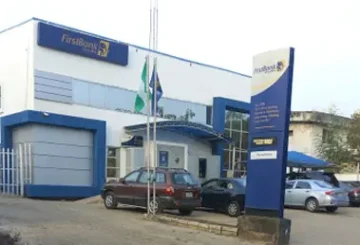 The Investors and Exporters (I&E) Foreign Exchange Window has attracted $18.79 billion from foreign investors in the last seven months, a report from research unit, Coronation Merchant Bank, has shown. The window is also called the Nigerian Autonomous Foreign Exchange (NAFEX).
The Investors and Exporters (I&E) Foreign Exchange Window has attracted $18.79 billion from foreign investors in the last seven months, a report from research unit, Coronation Merchant Bank, has shown. The window is also called the Nigerian Autonomous Foreign Exchange (NAFEX).
The report said that foreign portfolio investment (FPI) constituted 65.40 per cent of the inflows, representing $12.29 billion.
It said the CBN’s supply of dollar to the forex window has been 3.02 per cent of inflows or $0.57 billion. “This year, $18.79 billion has flowed into the NAFEX market with foreign portfolio investments accounting for 65.40 of inflows, which is $12.29 billion. The CBN’s supply of US dollars to the NAFEX market has been 3.02 per cent of inflows, $0.57 billion,” it said.
Read also: Emefiele: I&E forex window attracts $48b as reserves hit $45b
“In effect, FPI is supplying sufficient dollar to take the pressure off the CBN, hence our confidence that the exchange rate will hold this year. And the CBN has new-found confidence to target growth,” it said.
The CBN Governor, Godwin Emefiele had earlier explained that the I&E Forex window introduced in April 2017 allowed investors and exporters to purchase and sell foreign exchange at the prevailing market rate. Also, the apex bank liberalised the exchange rate management following the approval of the “Revised Guidelines for the Operation of the Nigerian Inter-bank Foreign Exchange Market” on June 15, 2016 and its operationalisation on June 20, 2016.
“The commencement of this policy guideline introduced the Naira settled foreign exchange futures Market,” Emefiele said. The CBN boss said the fiscal authorities concentrated on examining ways in which fiscal policy could support household consumption and business investments, as these two factors make up more than 85 per cent of Nigeria’s Gross Domestic Product (GDP) by expenditure.
“In this regard, the Federal Government budgets were readjusted to adequately address priority infrastructure needs that would support improved investments by the private sector. This was complemented by various Presidential initiatives on improving the ease of doing business in Nigeria, dismantling regulatory bottlenecks, enhancing competitiveness and industrialization,” he said.


